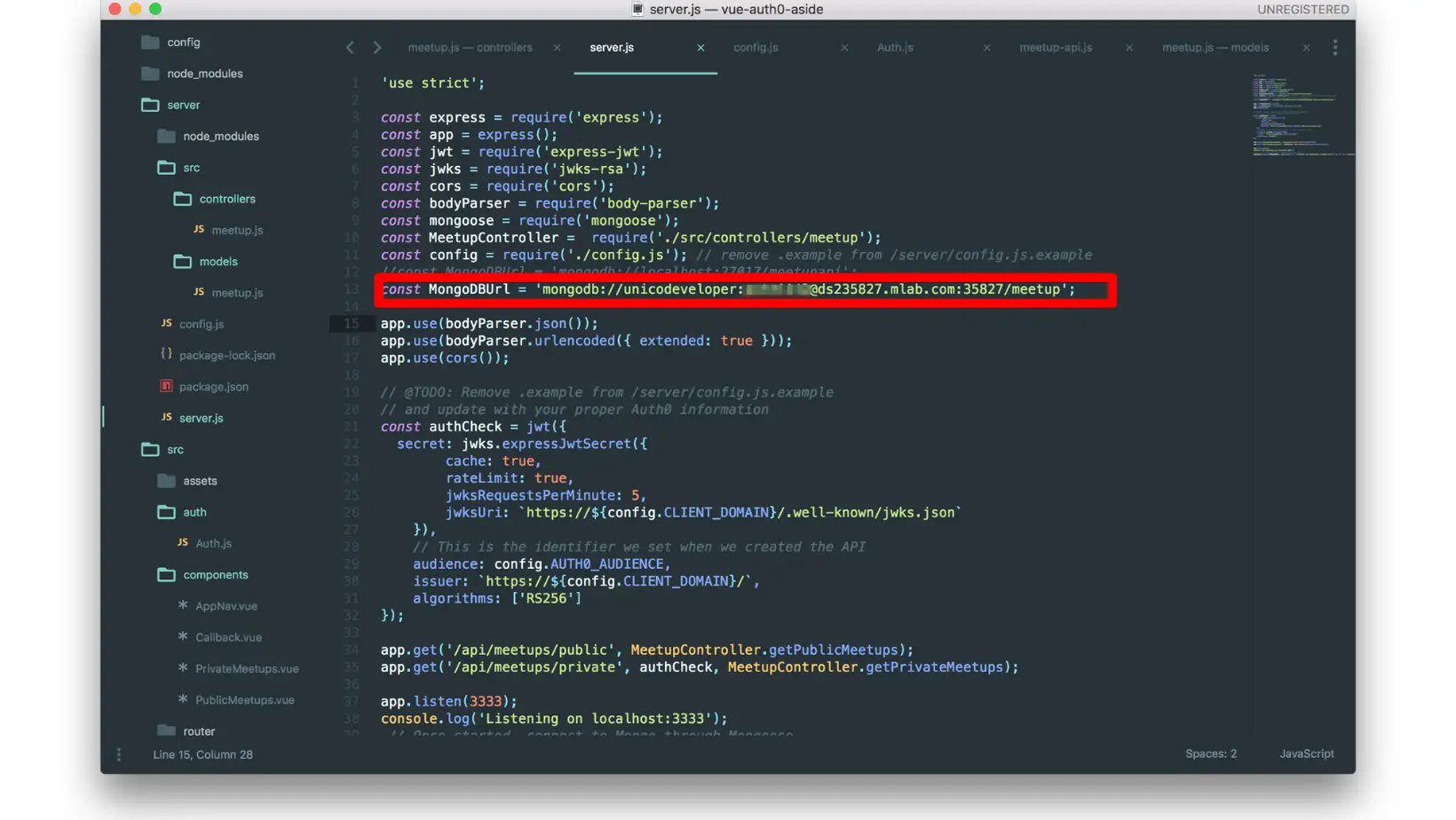Unsearched Wheat Penny Roll w/Silver Mercury Dime End Old Us Coin Shotgun Lot Mixed Years Circulated Vintage Collector
$20.78 (as of April 26, 2024 15:59 GMT +00:00 - More infoProduct prices and availability are accurate as of the date/time indicated and are subject to change. Any price and availability information displayed on [relevant Amazon Site(s), as applicable] at the time of purchase will apply to the purchase of this product.)STANLEY IceFlow Stainless Steel Tumbler with Straw, Vacuum Insulated Water Bottle for Home, Office or Car, Reusable Cup with Straw Leak Resistant Flip
Preparing JavaScript for Production:
Deploying JavaScript code to a production environment requires careful preparation to ensure optimal performance and reduce potential issues. Here are some essential steps for JavaScript Deployment and Optimization:
- Remove Console Logs: Remove all console.log() statements from your code to prevent unnecessary logging in the production environment.
// Bad: Console log used for debugging
console.log(‘Debugging message’);
// Good: Remove console log for production
// console.log(‘Debugging message’);
- Remove Development Code: Remove any development-specific code or testing configurations that are not needed in the production environment.
// Bad: Development-specific code
if (process.env.NODE_ENV === ‘development’) {
// Development-specific code here
}
// Good: Remove development-specific code for production
// if (process.env.NODE_ENV === ‘development’) {
// // Development-specific code here
// }
Minification and Bundling:
Minification and bundling are crucial steps in optimizing your JavaScript code for production. Minification reduces file sizes by removing unnecessary characters like whitespaces and comments. Bundling combines multiple JavaScript files into a single file, reducing the number of HTTP requests.
Example – Using a Bundler (Webpack):
// Before bundling
import module1 from ‘./module1.js’;
import module2 from ‘./module2.js’;
// …
// After bundling
import bundle from ‘./bundle.js’;
Caching and CDN Usage:
Leveraging caching and Content Delivery Networks (CDNs) can significantly enhance the performance of your JavaScript code in production. Caching allows the browser to store a copy of your JavaScript files locally, reducing the need for repeated downloads. CDNs distribute your JavaScript files across multiple servers worldwide, improving loading times for users across different regions.
Example – Adding Cache-Control Headers:
// Configure caching in server response headers
// Cache static resources for one week (604800 seconds)
res.setHeader(‘Cache-Control’, ‘public, max-age=604800’);
Conclusion:
Deploying and optimizing JavaScript for production is a critical step in ensuring the best possible user experience. By preparing your code for production, performing minification and bundling, and leveraging caching and CDNs, you can significantly improve the performance of your web application. Prioritize optimization and stay vigilant in updating your deployment process to deliver high-performing and efficient JavaScript applications to your users. Happy optimizing and happy coding!




















